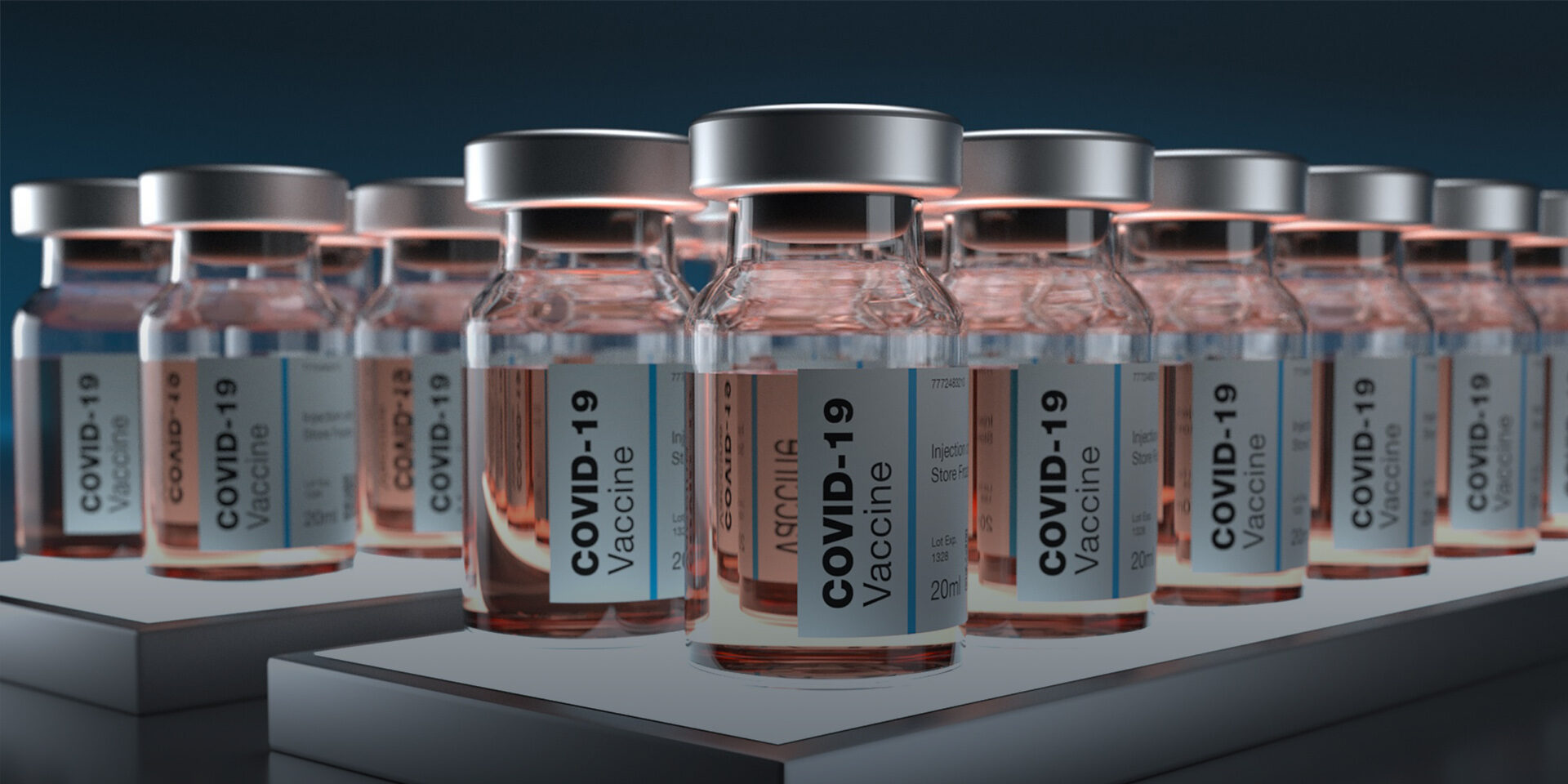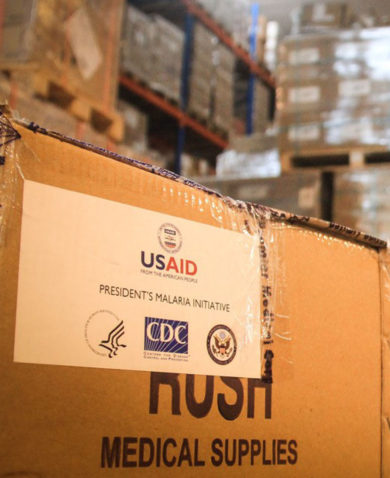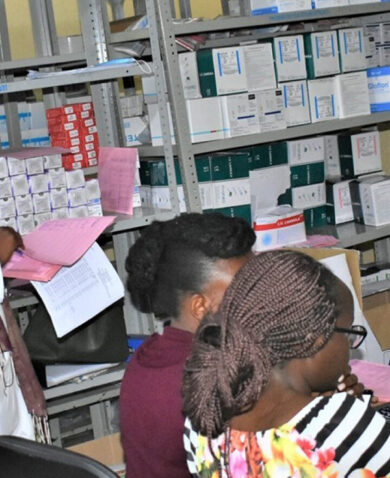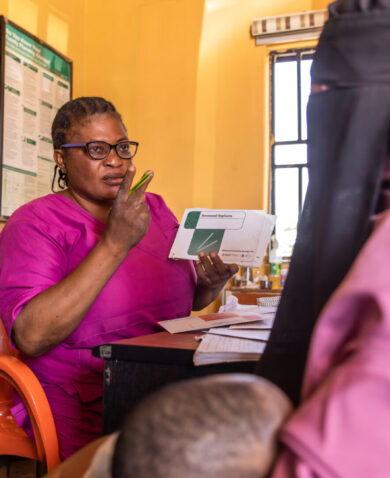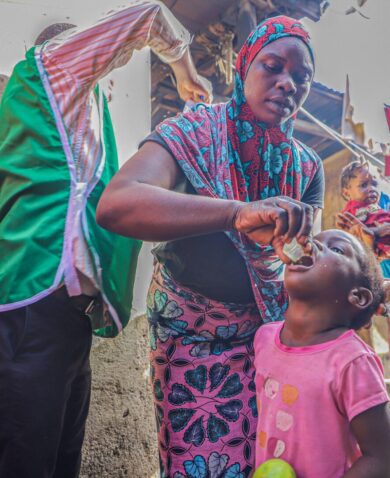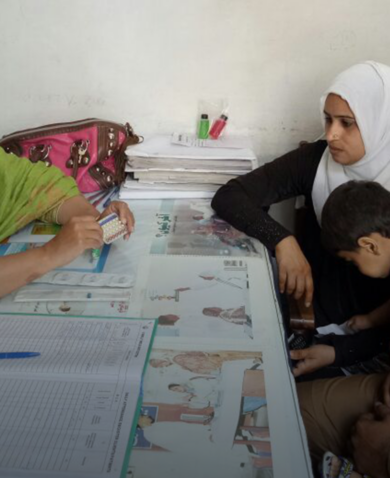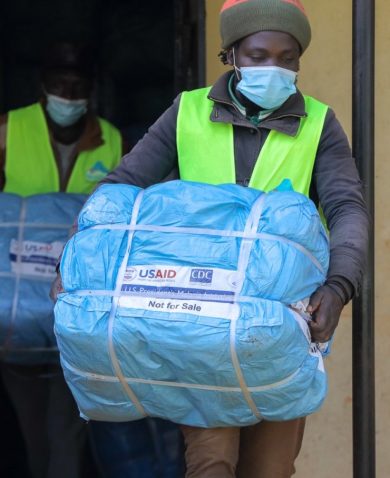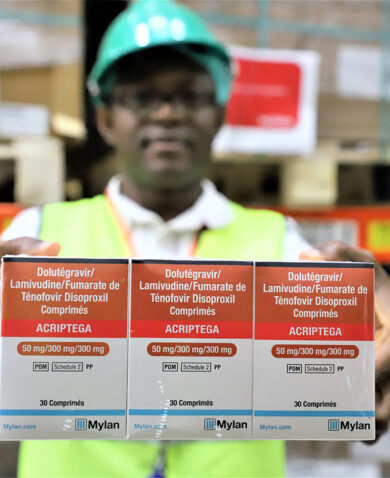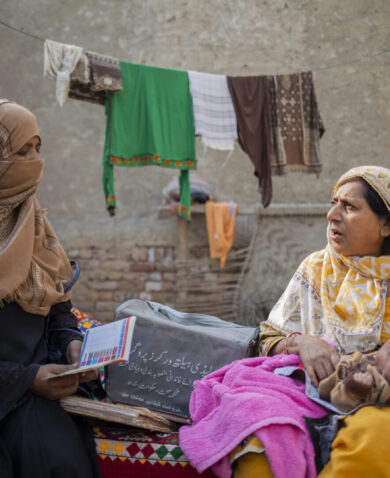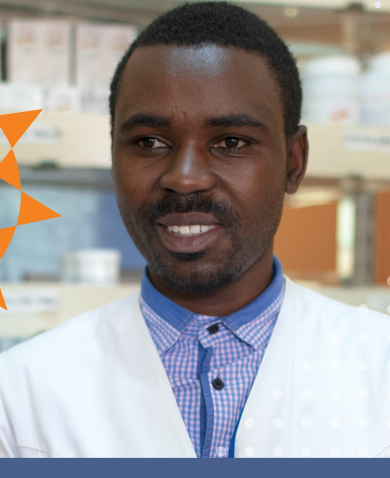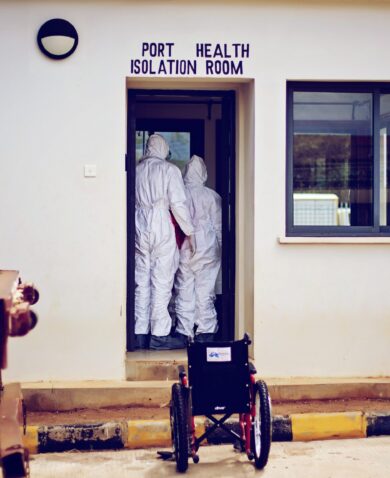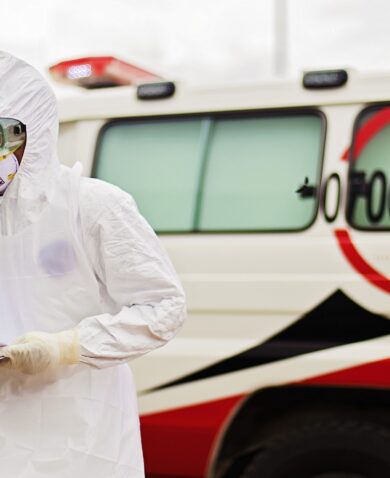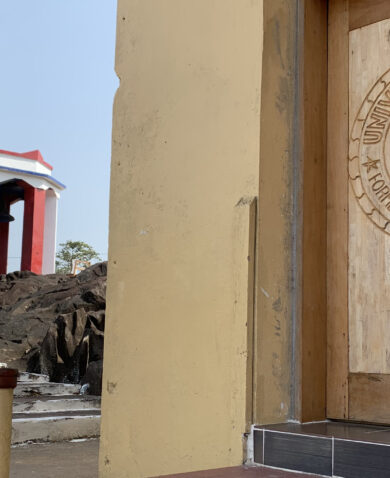Timely vaccination of a large proportion of the population must occur to achieve herd immunity and to break the chain of transmission. Estimates for COVID-19 range from 70 to 90 percent. A recent study that reviewed data from more than 130 countries found that anti-vaccination groups are using social media to heavily influence COVID-19 vaccine hesitancy with the deliberate spread of disinformation and conspiracy theories. Anti-vaccination enthusiasts have recently increased their presence on social media to forge new connections and to build support for their conspiratorial views, which could have disastrous impacts on the successful rollout of COVID-19 vaccines.
Building Vaccine Confidence for COVID-19
How can we combat vaccine hesitancy and boost confidence in the COVID-19 vaccines? Multicomponent interventions that target populations based on unique needs work best. For example, public health agencies can conduct targeted communications campaigns based on an understanding of the factors that might influence and build the trust of a specific sub-population. Health care workers can increase awareness and address specific concerns during regular clinical encounters. Similarly, religious and community leaders have the power to dispel myths and allay fears among followers. In Nigeria, it was the involvement of religious and traditional leaders that aided the successful uptake of the polio vaccine. Social mobilization, which relies on community-based participatory approaches, improved uptake of HPV and polio vaccination in low- and middle-income settings, while telephone calls or letter reminders have been effective at increasing vaccine uptake in higher-resource settings. In Israel, during a recent silent polio outbreak, uptake of the oral polio vaccine was strongly associated with media exposure. Social marketing strategies and principles have improved vaccine acceptance in Australia and the United States for childhood immunization, and in several resource-limited settings for Hemophilus influenzae type b (Hib) vaccine. Lastly, non-financial incentives, such as food, are known to positively impact the uptake of vaccines among resource-poor populations.
As we move forward with COVID-19 vaccination, it will be critical to continuously monitor vaccine hesitancy across populations and quickly devise new or expanded mitigation strategies to combat it. Studies that monitor hesitancy, such as those conducted by the Vaccine Confidence Project, will be key to understanding the issues, as well as government and community monitoring to ensure the success of vaccination efforts. Time is of the essence, however, and the global community must act now to preemptively promote vaccine confidence and increase acceptability across the board. Investing in multifaceted efforts that reduce hesitancy and promote confidence is critical for COVID-19 vaccines and could enhance the effectiveness of interventions for other existing and new life-saving vaccines, too.
*Banner image caption: Dimitris Barletis / Shutterstock.com
Posts on the blog represent the views of the authors and do not necessarily represent the views of Chemonics.

